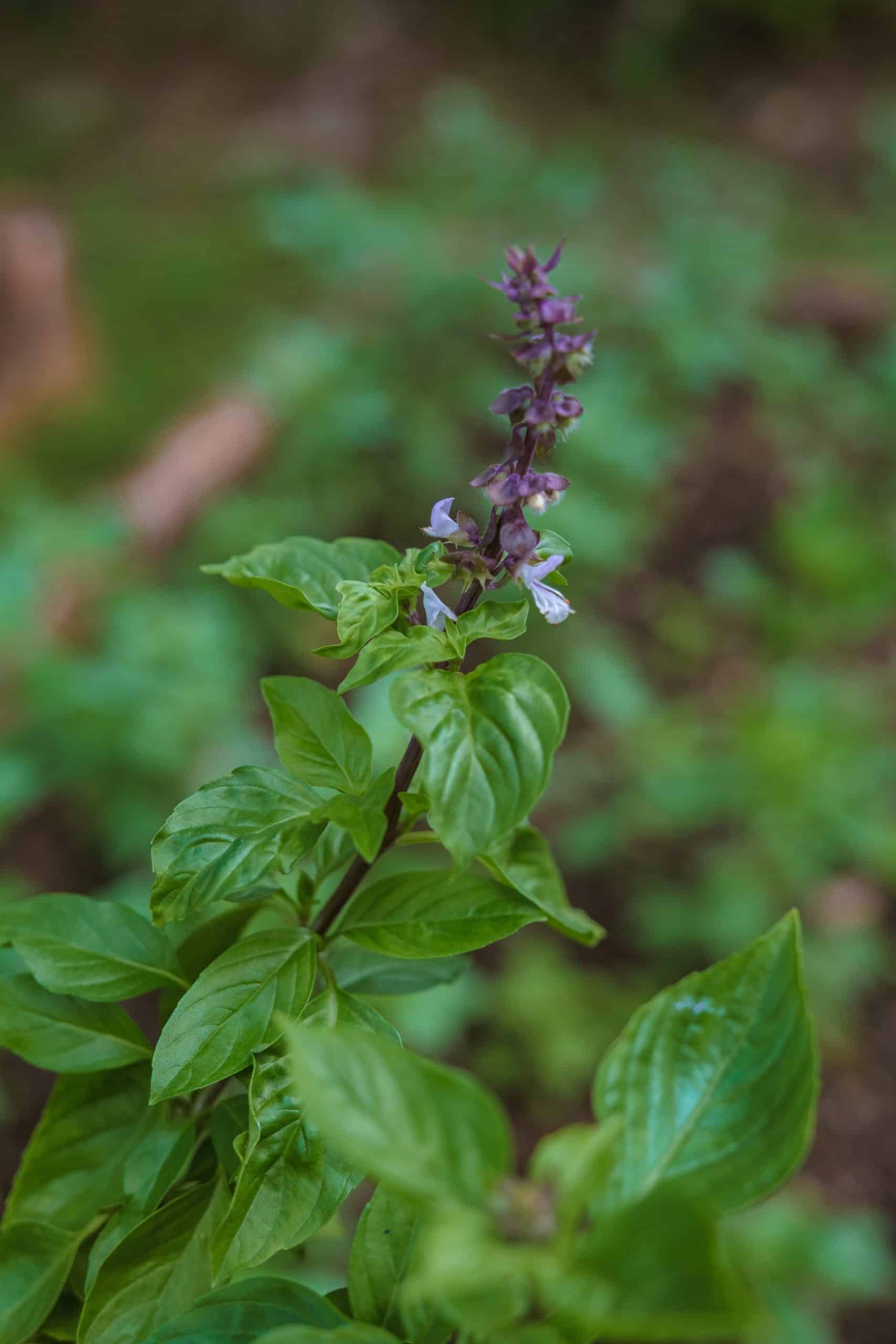How to Cultivate a Zero-Waste Lifestyle in a UK Urban Setting?

The modern world is increasingly recognising the importance of sustainable living. The mounting pressure on our planet’s resources necessitates a re-evaluation of our consumption patterns. One concept that has sparked interest is the zero-waste lifestyle. This lifestyle aims to reduce waste to an absolute minimum, pushing for a circular economy where resources are reused and recycled, instead of being discarded. But how can this concept be applied in a bustling, fast-paced urban setting like that of the United Kingdom? This article outlines practical steps to cultivate a zero-waste lifestyle in a UK urban setting.
The Importance of a Zero-Waste Lifestyle
Embracing a zero-waste lifestyle is more than just a trend. It’s a conscious decision to minimise our impact on the environment and contribute to sustainable living. We generate an astounding amount of waste in our daily lives. The UK alone produced 221.0 million tonnes of waste in 2018, as reported by the Department for Environment, Food and Rural Affairs. A considerable portion of this waste ends up in landfills, contributing to pollution and greenhouse gas emissions. By adopting a zero-waste lifestyle, we can aid in reducing these harmful effects.
Dans le meme genre : What’s the Latest in Wearable Health Monitors for Chronic Disease Patients?
Understanding Zero-Waste Basics
Before you jump into a zero-waste lifestyle, it’s essential to understand its core principles. Zero-waste living is about producing as little waste as possible. It involves five crucial steps: refuse what you do not need, reduce what you do use, reuse what you can, recycle what you can’t refuse, reduce or reuse, and rot (compost) the rest. Living by these principles allows you to decrease your waste generation significantly.
Practical Steps to Adopt a Zero-Waste Lifestyle
Adopting a zero-waste lifestyle doesn’t mean you have to make drastic changes overnight. It’s a gradual process of making mindful decisions. Here are some practical steps to guide you on this journey.
En parallèle : How Can Machine Learning Optimize Traffic Flow in UK Cities?
Start with Small Changes
Begin your journey by making small, manageable changes. This could mean carrying your own reusable shopping bags, refusing single-use plastic, or making a conscious effort to purchase less. Small changes over time can lead to significant reductions in waste.
Reconsider Your Shopping Habits
The products we buy play a significant role in the amount of waste we generate. Opt for items with minimal packaging or those packaged in recyclable materials. Local markets and zero-waste shops are excellent places to find such products. Some supermarkets in the UK, such as Waitrose and Asda, also have packaging-free sections.
Embrace Reusable Items
Reusable items are a cornerstone of a zero-waste lifestyle. Swap single-use items, like coffee cups and water bottles, for reusable alternatives. In the UK, many cafes and restaurants offer discounts to customers who bring their own containers. This not only reduces waste but can also save you money.
Implementing a Zero-Waste Lifestyle at Home
Your home is a significant area where you can drastically reduce waste. Here are some tips to cultivate a zero-waste lifestyle at home.
Reducing Food Waste
Food waste is a major issue in the UK, with households throwing away 6.6 million tonnes of food annually. To combat this, plan your meals in advance and only buy what you need. If you have leftovers, try to incorporate them into your next meal. Composting is an excellent way to dispose of organic waste, turning it into nutrient-rich soil.
Rethink Your Cleaning Routine
Many cleaning products come in plastic containers and contain harmful chemicals. Consider making your own cleaning products using natural ingredients. Not only is this a great way to reduce plastic waste, but it’s also healthier for your home.
Spreading the Zero-Waste Movement
The zero-waste movement is more than just an individual endeavour. It’s a collective effort to reduce waste and promote sustainable living. Here are some ways you can help spread the zero-waste movement.
Engaging Your Community
Get involved in your local community and promote zero-waste living. This could involve organising clean-up events, holding workshops on zero-waste living, or lobbying your local council to implement more sustainable waste management practices.
Advocate for Change
Use your voice to advocate for change. This could involve supporting businesses that prioritise sustainability, or lobbying for legislation that promotes a circular economy.
Implementing a zero-waste lifestyle in an urban setting might seem daunting, but with small, consistent efforts, it’s entirely achievable. It’s about making mindful decisions, being realistic about what you can achieve, and persisting even when it’s challenging. The journey towards zero-waste living is about progress, not perfection.
Achieving Zero-Waste in the Workplace
The workplace is another essential area where we can significantly reduce waste. It involves collective action and commitment from both employers and employees, but the benefits to the environment make it absolutely worthwhile.
Green Office Practices
The first step in creating a zero-waste workplace is to minimise the amount of disposable items used daily. Encourage employees to bring their own reusable cups, plates, and cutlery for meals. Also, consider implementing a policy where printers are set by default to double-sided printing to reduce paper waste.
Recycling and Composting
Install recycling bins in convenient locations around the office and educate employees about what materials can be recycled. Most office waste, such as paper, cardboard, and plastic, can be easily recycled. For food waste, consider setting up a composting program. This will not only reduce the amount of waste going to landfill but also provides rich compost for office plants or employees’ home gardens.
Eco-Friendly Procurement
When purchasing office supplies, choose products that are eco-friendly or come with minimal packaging. Additionally, consider buying in bulk to reduce the amount of packaging waste. For technology, opt for energy-efficient devices, and consider donating old equipment to charities or recycling programs instead of throwing it away.
Conclusion: The Path Towards a Zero-Waste Lifestyle
Achieving a zero-waste lifestyle in a UK urban setting might seem like a daunting task, but it is not an impossible one. It requires commitment, creativity, and continuous effort. But every small change contributes to a significant overall impact on our planet.
The key to a successful transition to a zero-waste lifestyle lies in understanding that it’s a journey rather than a destination. It’s about making small, achievable steps towards reducing our waste and our impact on the environment. We must remember that progress is more important than perfection.
Living a zero-waste lifestyle is not only about reducing our waste but also about rethinking our relationship with the resources we use. It’s about breaking free from the ‘take, make, dispose’ model of consumption and moving towards a circular economy where everything has value and nothing is wasted.
By embracing a zero-waste lifestyle, we are making a powerful statement about the type of world we want to live in – a world that values resources, cares for the environment, and prioritizes the health of our planet for future generations. Our efforts now can pave the way for a more sustainable future, and that is something truly worth striving for.
